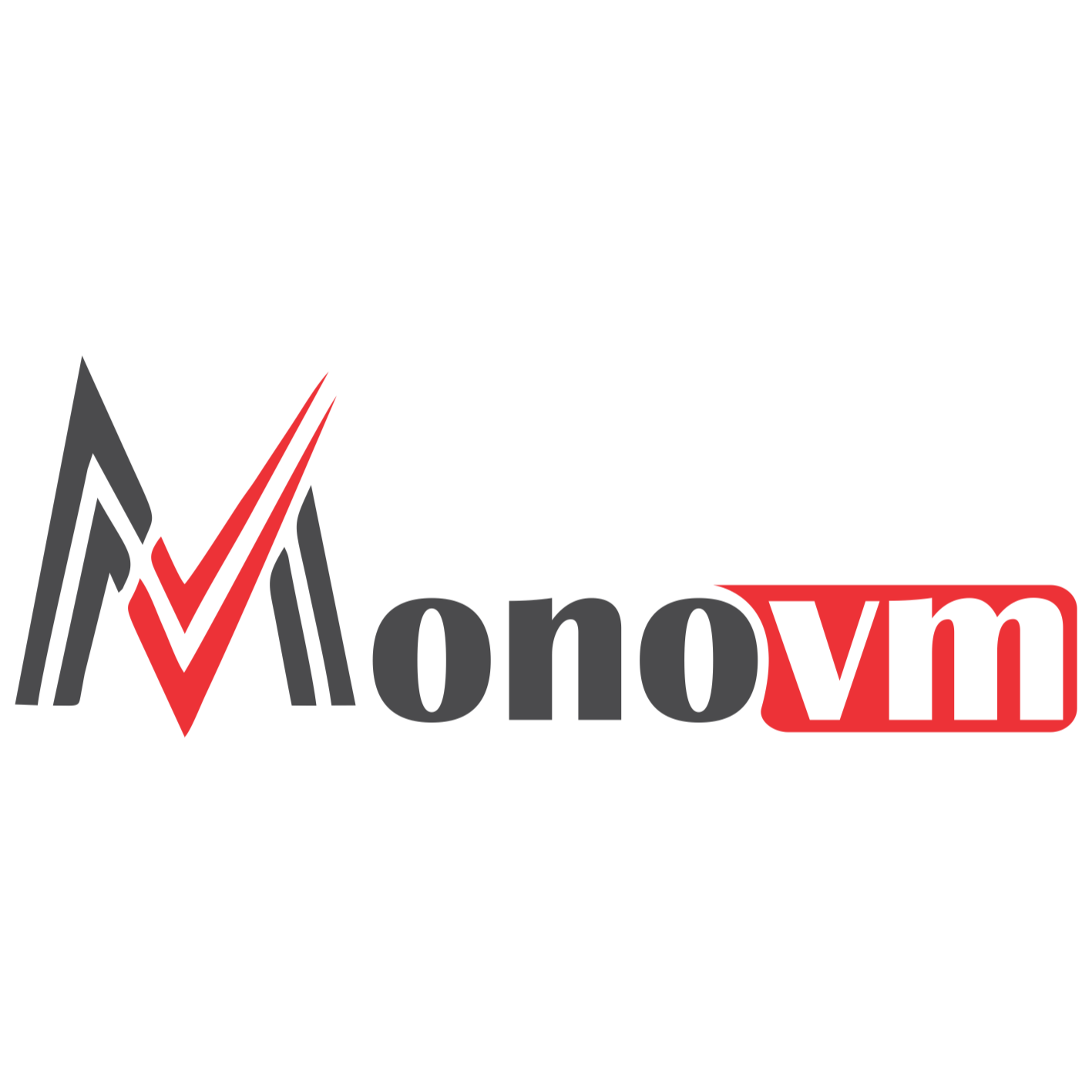Listen "What is a Virtual Machine?"
Episode Synopsis
What is a Virtual Machine?A Virtual Machine is a software-emulated environment that acts as an independent computing system. It provides all the functionality of a physical computer, including a virtual CPU, memory, storage, and network interfaces. Each VM operates in isolation, running its own operating system and applications.Key Concepts in Virtual Machines1. VirtualizationVirtualization is the underlying technology that enables the creation of virtual machines. It involves abstracting physical hardware to provide virtual versions of computing resources.Types of Virtualization:Server Virtualization: Multiple virtual servers run on a single physical server.Desktop Virtualization: User desktops are hosted on centralized servers.Storage Virtualization: Pooling physical storage into a single logical entity.Network Virtualization: Abstracting physical network resources to create virtual networks.2. HypervisorA hypervisor, or Virtual Machine Monitor (VMM), is the software that creates and manages virtual machines. It allocates resources from the host machine to the guest machines.Types of Hypervisors:Type 1 (Bare-metal): Runs directly on the hardware (e.g., VMware ESXi, Microsoft Hyper-V).Type 2 (Hosted): Runs on an existing operating system (e.g., VirtualBox, VMware Workstation).3. Host and Guest MachinesHost Machine: The physical machine on which the hypervisor is installed.Guest Machine: The virtual machine created and managed by the hypervisor.4. Resource AllocationVirtual machines require CPU, memory, storage, and network resources from the host machine. Advanced hypervisors can dynamically allocate resources based on demand, optimizing performance and efficiency.5. SnapshotsSnapshots capture the state of a virtual machine at a specific point in time. This feature is invaluable for testing and recovery, allowing users to revert to a known state if issues arise.Applications of Virtual Machines1. Server ConsolidationOrganizations can reduce hardware costs by running multiple VMs on a single physical server.2. Development and TestingVMs provide isolated environments for developers to test applications without impacting other systems.3. Disaster RecoveryVirtual machine snapshots and backups enable quick recovery in the event of a failure.4. Cloud ComputingVirtual machines are the foundation of Infrastructure as a Service (IaaS), offered by providers like AWS, Azure, and Google Cloud and MonoVM.Benefits of Virtual MachinesResource Efficiency: Multiple VM can run on a single physical machine, maximizing resource utilization.Flexibility: Easy to create, configure, and manage.Isolation: Each VM operates independently, ensuring security and stability.Cost Savings: Reduces the need for physical hardware.
More episodes of the podcast MonoVM VPS Hosting
🧠 How to Choose the Best VPS Hosting in 2025
07/05/2025
Why MonoVM VPS Hosting is the Smart Choice?
19/10/2024
What is VPS Hosting?
13/05/2024
 ZARZA We are Zarza, the prestigious firm behind major projects in information technology.
ZARZA We are Zarza, the prestigious firm behind major projects in information technology.
